In recent years, the field of artificial intelligence has made significant strides, giving rise to a new breed of AI known as Agentic AI. These autonomous agents are designed to operate independently, making decisions and taking actions to achieve specific goals. In this blog post, we will delve into the concept of Agentic AI, explore its key features, and discuss its potential applications and challenges.

What is Agentic AI?
Agentic AI represents a class of artificial intelligence with the purpose to act like autonomous agents, similarly to human beings. The abilities of these kinds of AI, which are used to make autonomous decisions and independently execute tasks through advanced reasoning and planning algorithms, are considered high. Agentic AI can real-time adapt and change strategies under new information or unforeseen situations. Unlike traditional AI, Agentic AI does not need constant human control over the course of its operations because, by learning from its experiences, it will improve its performance over time.
Because of its high degree of autonomy, Agentic AI is of particularly high value in situations involving customer service, healthcare, supply chain management, or personal productivity, where efficiency and sound decision-making can be maximized. However, the development and deployment of Agentic AI come with the concomitant technological limitation and ethical consideration, both of which have to be addressed in order to tap this tool to the fullest.
Key Components of Agentic AI
| Component | Description | Example |
|---|---|---|
| Autonomy | Operates independently, adapting to new data and environments. | Self-driving cars navigating traffic. |
| Goal-Oriented | Pursues predefined objectives (e.g., maximize efficiency, solve a problem). | AI supply chain managers optimizing logistics in real time. |
| Adaptive Learning | Learns from interactions to improve future decisions. | Reinforcement learning agents mastering games like Go or StarCraft II. |
| Context Awareness | Understands and responds to environmental/social cues. | Customer service bots adjusting tone based on user sentiment. |
| Ethical Frameworks | Follows embedded ethical guidelines for decision-making. | Medical AI prioritizing patient safety over cost savings. |
Key Features
1. Autonomous Operation
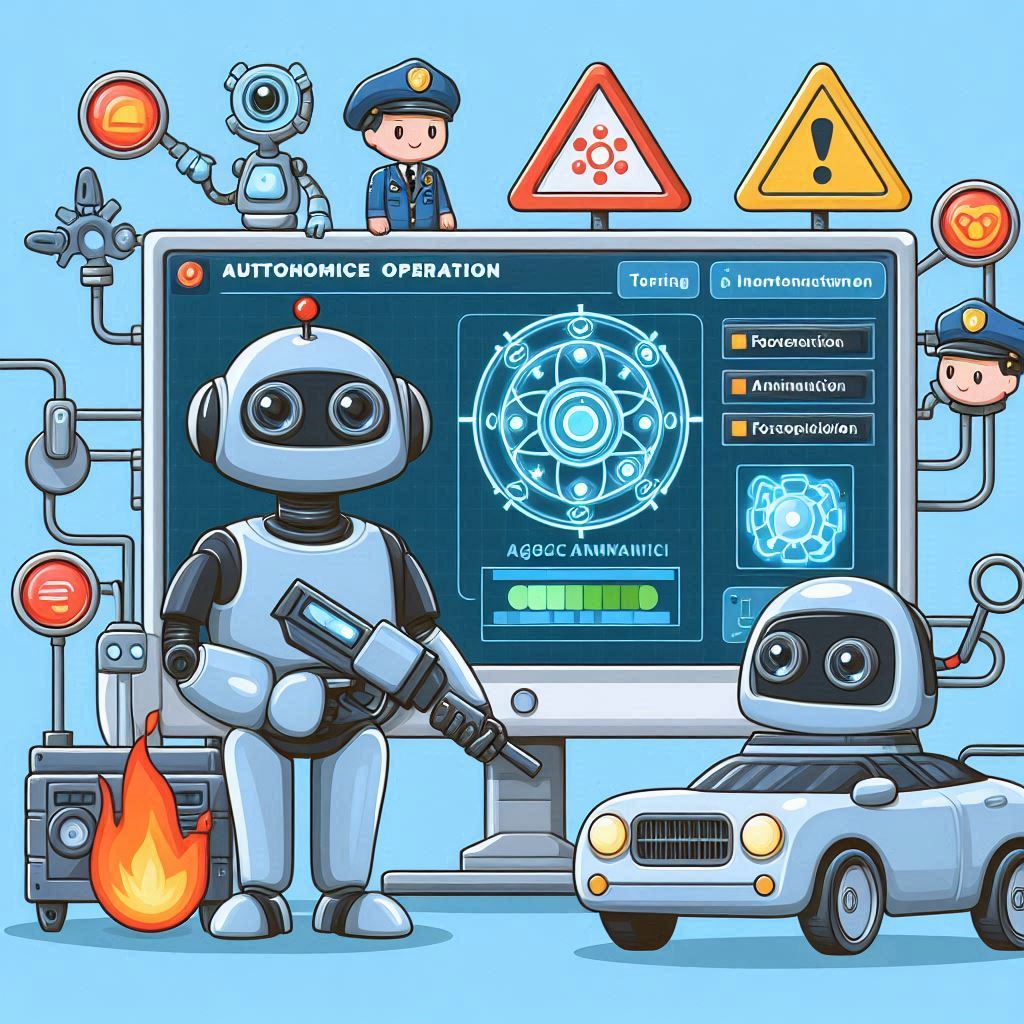
Autonomous Operation refers to the ability of Agentic AI systems to function without constant human supervision. These AI systems can independently make decisions, execute tasks, and adapt to changing environments. By leveraging advanced reasoning and planning algorithms, they operate efficiently and effectively, enhancing productivity and reducing the need for direct human intervention. This autonomy allows Agentic AI to perform complex, multi-step tasks, which makes it highly valuable in many applications, such as customer service, healthcare, and supply chain management.
2. Sophisticated Reasoning
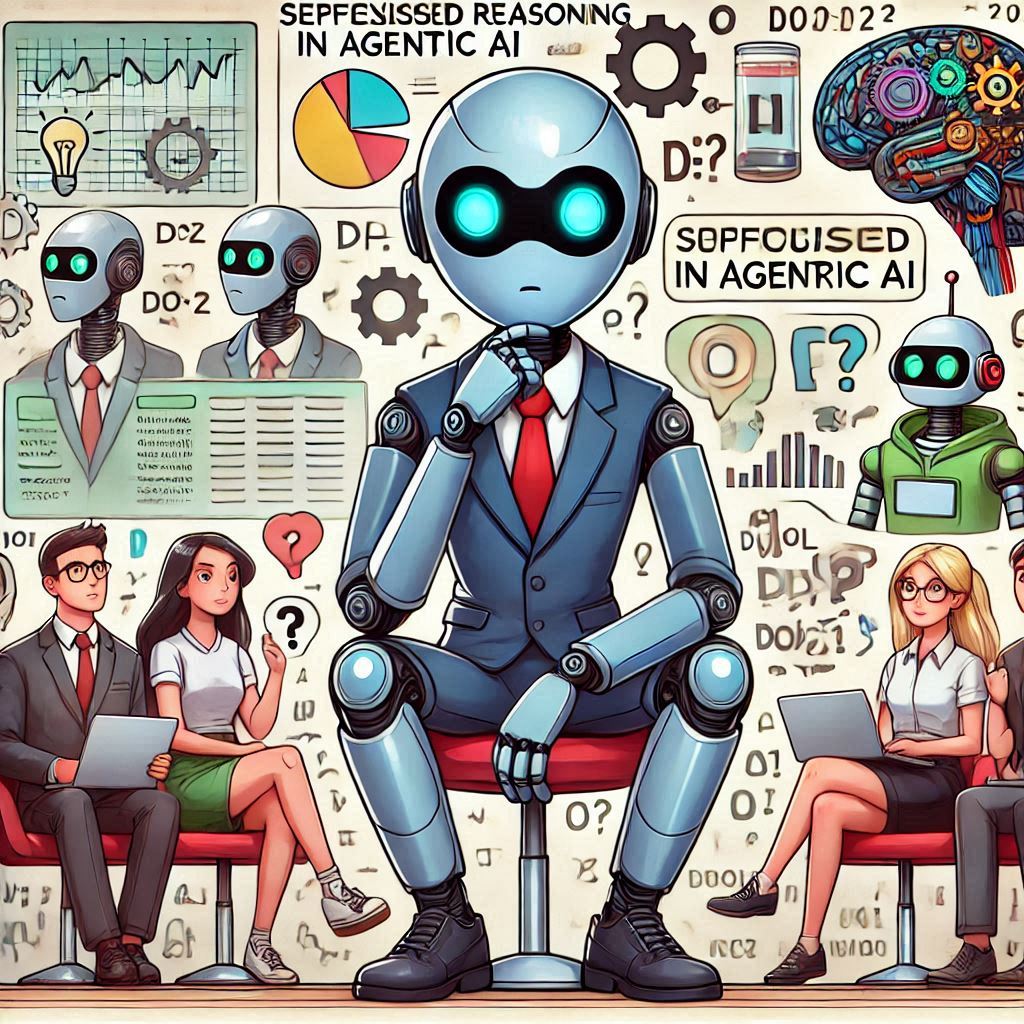
Sophisticated Reasoning refers to the advanced cognitive abilities of Agentic AI systems that enable them to analyze, plan, and solve complex problems. These AI systems use algorithms to break down tasks into smaller steps, prioritize actions, and make informed decisions based on their understanding of the environment. This level of reasoning allows Agentic AI to handle intricate challenges and perform tasks that require deep understanding and strategic planning, making them valuable in various high-stakes applications.
3. Dynamic Adaptation in AI
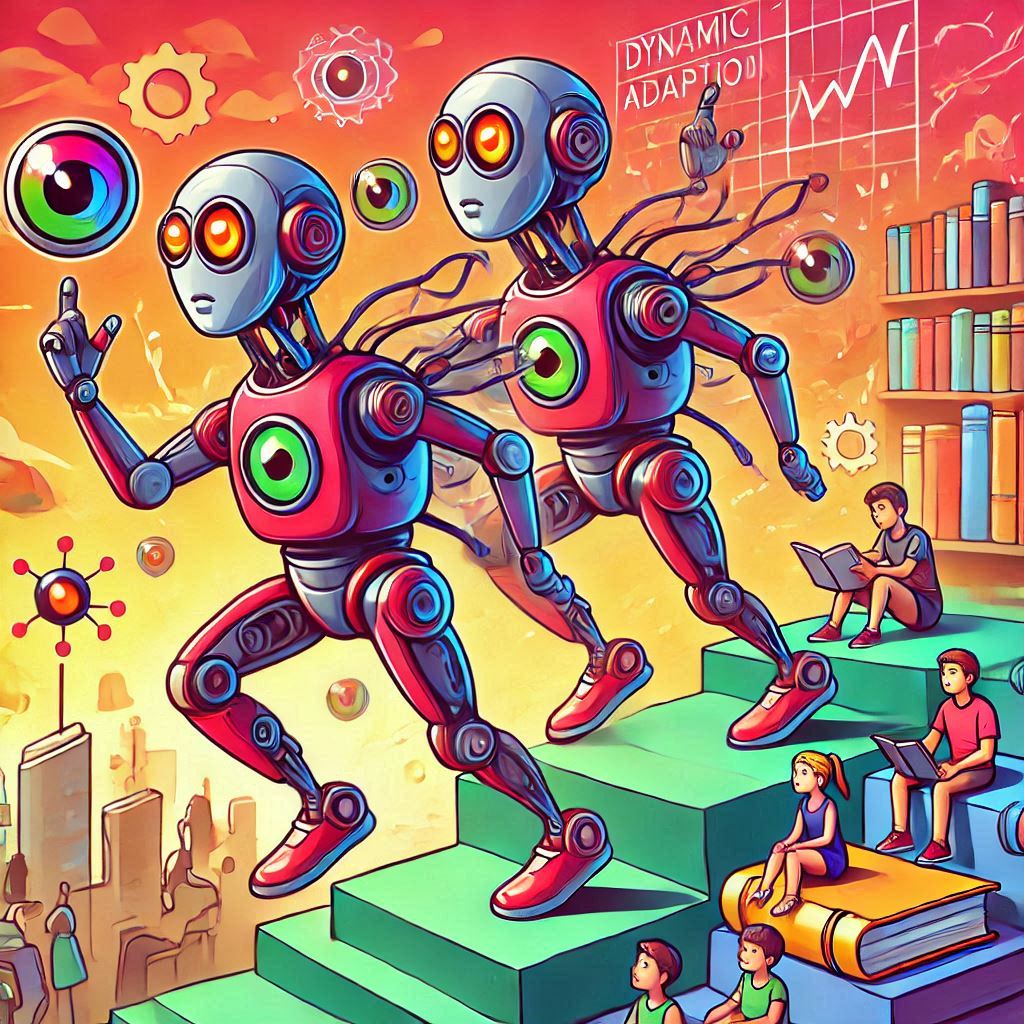
Dynamic Adaptation is the ability of Agentic AI systems to change their strategies and actions in real-time according to changing environments and new information. These systems can respond quickly to unexpected situations, ensuring optimal performance and decision-making. This adaptability makes Agentic AI highly effective in dynamic and unpredictable settings, such as real-time traffic management and responsive customer service.
4. Integration with Tools
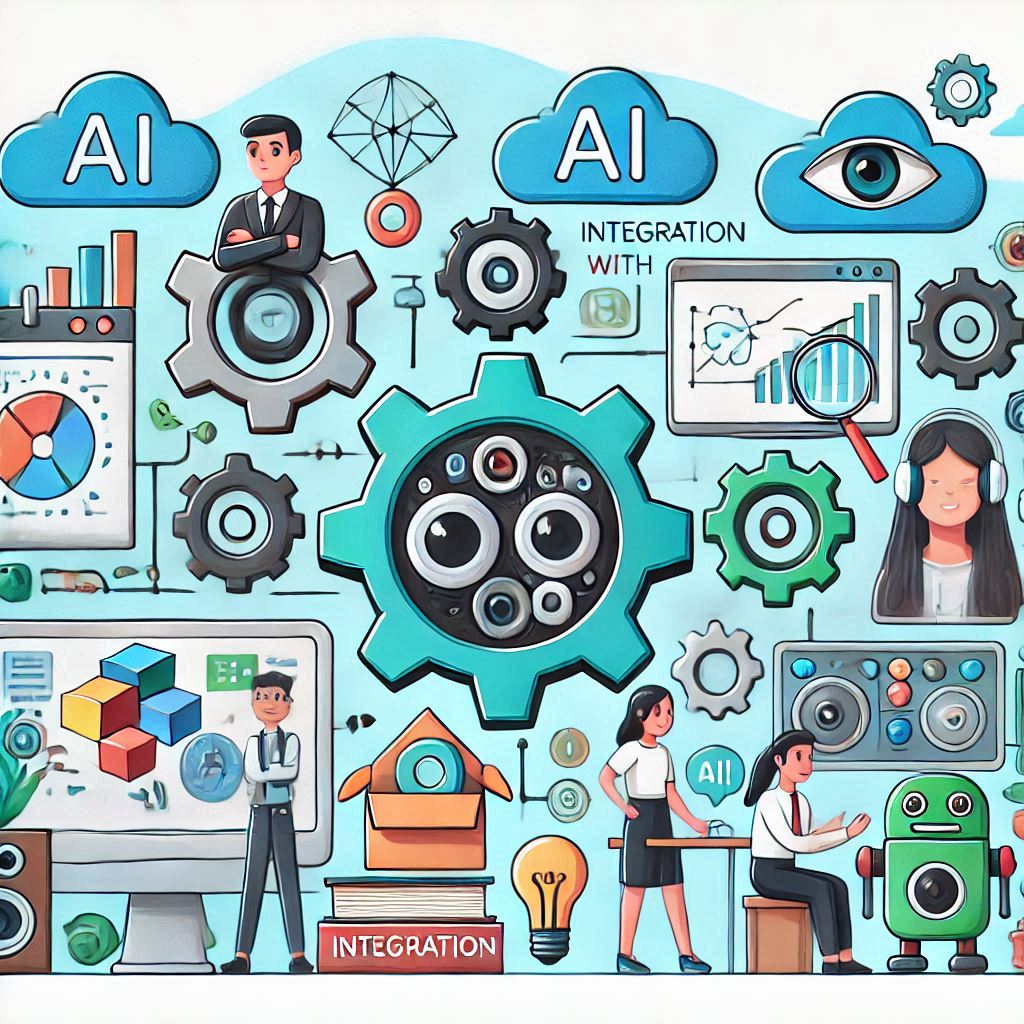
The feature Integration with Tools connects AI systems with any external software, application, and API, creating a connectivity with the resources from which it could access and make use of in its work: databases and cloud services, etc. Thus, by integration with tools, the Agentic AI system could conduct tasks in more efficient ways by using already implemented technologies and also executing complex workflows.
5. Continuous Learning
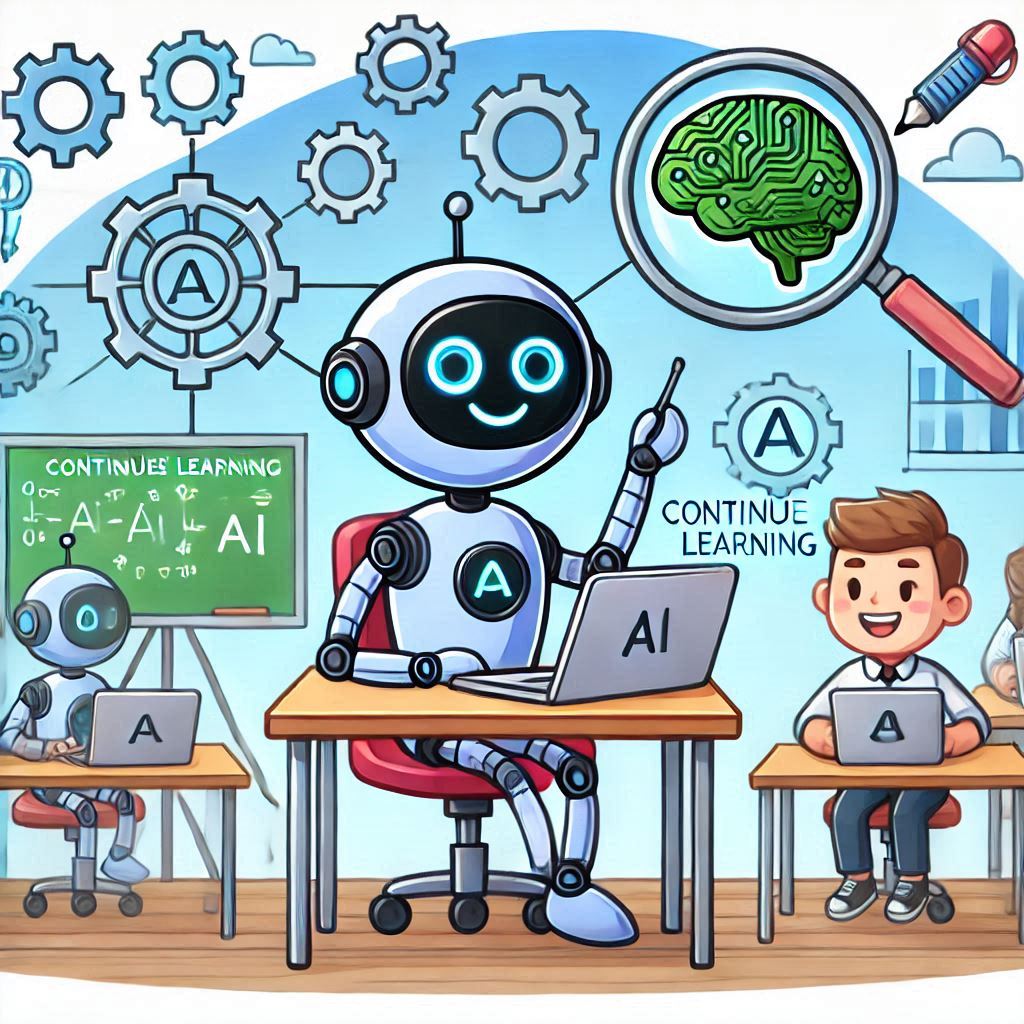
Continuous learning allows AI to improve over time through learning experiences. Feedback loops and data analysis allow these AI systems to change and refine decision-making processes that make them better at performance and efficiency. Thus, continuous learning ensures that Agentic AI continues to be effective and up-to-date in a dynamic environment.


Applications
1. Customer Service
AI agents can respond to customer queries, process transactions, and offer personalized recommendations, enhancing customer satisfaction while minimizing operational costs.
2. Health Service
In the health sector, with Agentic AI, virtual assistants can coordinate patient-related activities, organize appointments. And oversee medical records, thus enhancing the efficiency of delivery of healthcare services.
3. Supply Chain Management
Agentic AI can optimize inventories, predict demand, and streamline logistics, ensuring that goods are delivered efficiently and cost-effectively.
4. Personal Productivity
From planning trips to managing schedules, AI-powered personal assistants can help individuals stay organized and productive in their daily lives
Challenges and Ethical Considerations
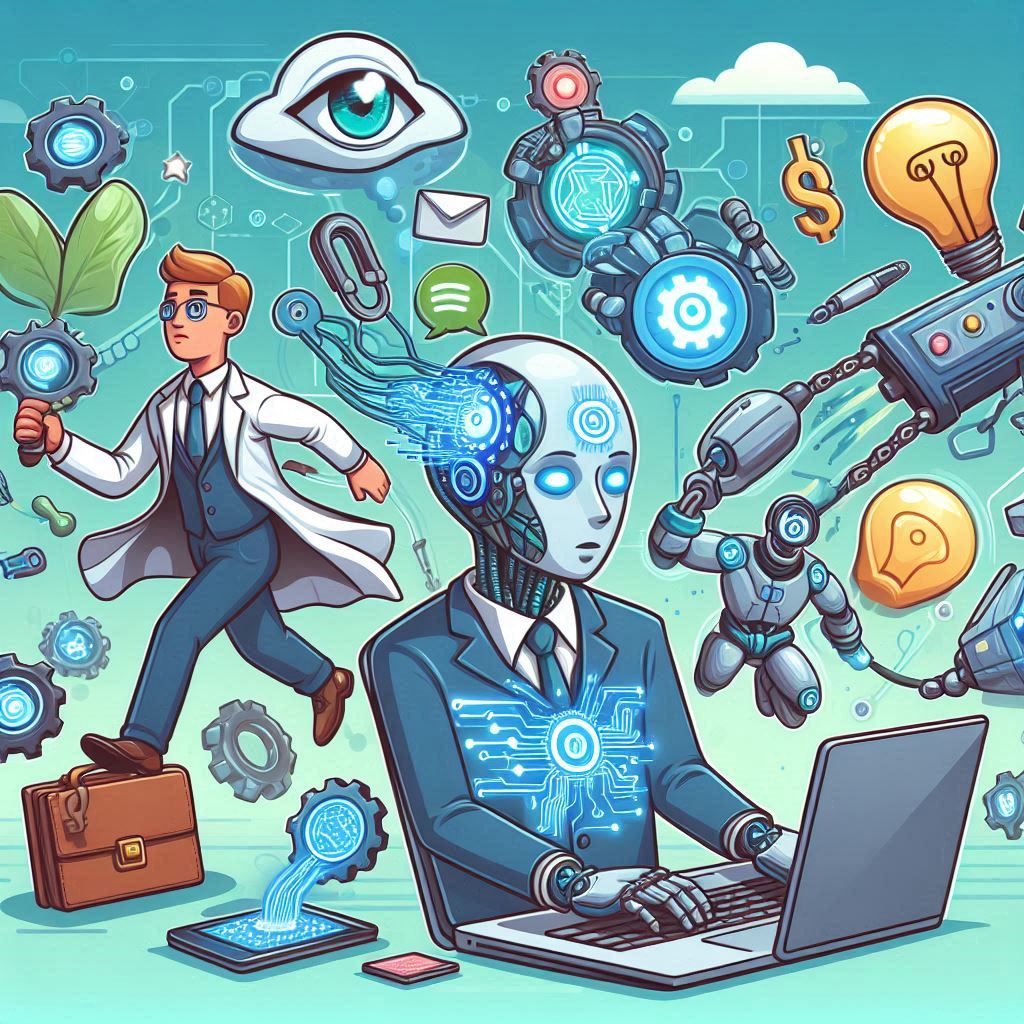
Technological Limitations
Technological Limitations refer to the current challenges of AI systems in truly achieving autonomy and robust reasoning. Although there are many advancements that have been realized, these systems still face several issues such as computational constraints, data quality, and algorithmic inefficiencies. To overcome the limitations, a continuous research and development process to enhance the capabilities and performance of AI is required.
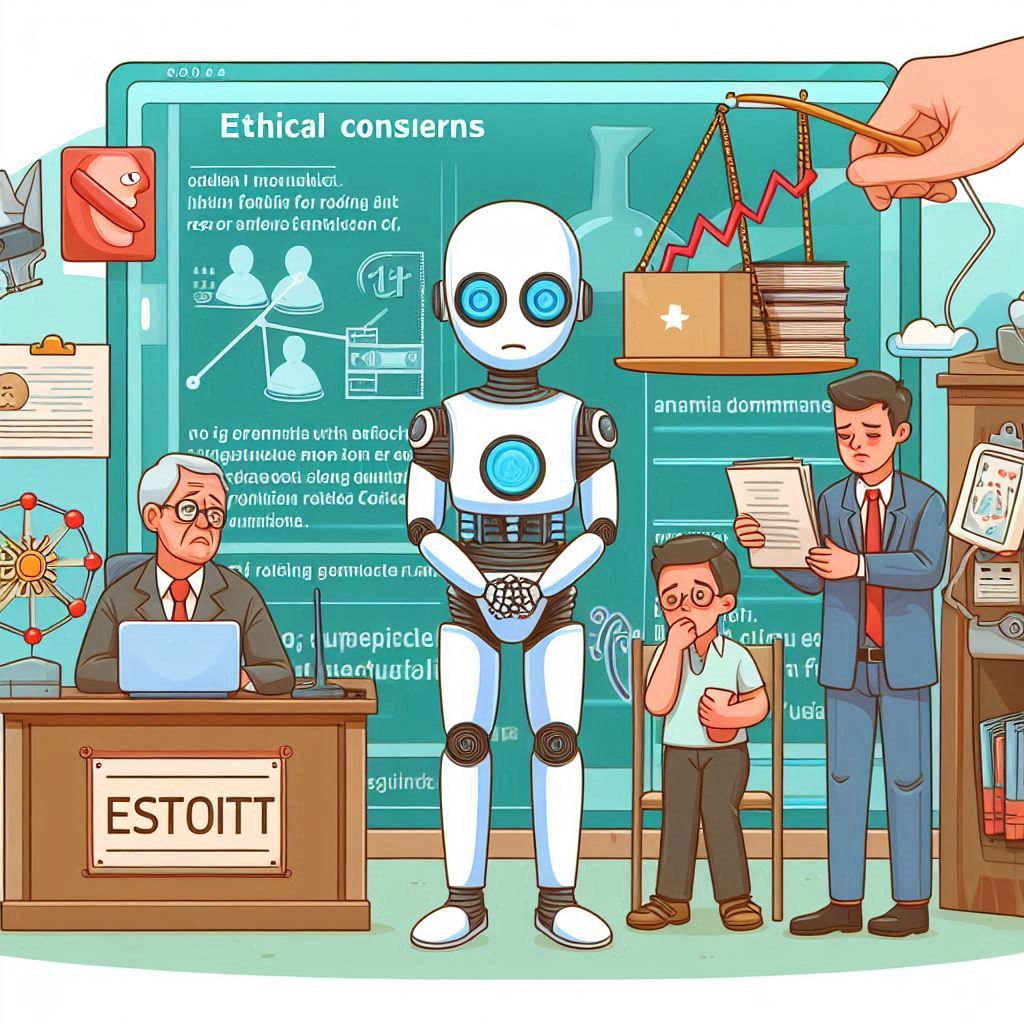
Ethical Concerns
Ethical Concerns about AI cover concerns like bias, privacy, and security. The AI systems need to be guaranteed to work fairly and transparently so as not to discriminate against others and protect the client’s data against misuse. Ethical challenges form a significant part of developing AI that can guarantee to benefit humankind responsibly and ethically.
Conclusion
Agentic AI is a major breakthrough in the field of artificial intelligence that could be the real game-changer for industries, with far-reached positive impacts on productivity, innovation, and decision-making. As we dig deeper into these autonomous agents’ potential capabilities, the challenges and ethical considerations involved have to be addressed to realign society’s mindset toward effectively using them for the greater good.
You can see more information from below updates.
Most advanced Agentic AI Researcher by Google Gemini.
— Shubham Saboo (@Saboo_Shubham_) January 16, 2025
A team of AI Agents work together to:
– Draft a plan
– Search the web
– Analyze results
– Create a well-researched report
All in under 2 minutes. pic.twitter.com/mAIiiWdUNZ
Subscribe to our newsletter!

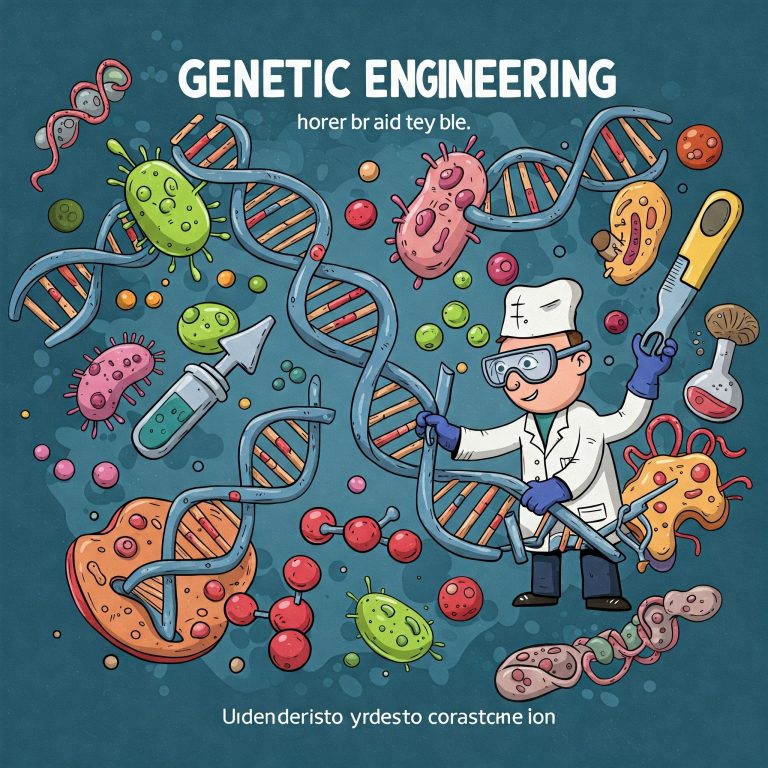
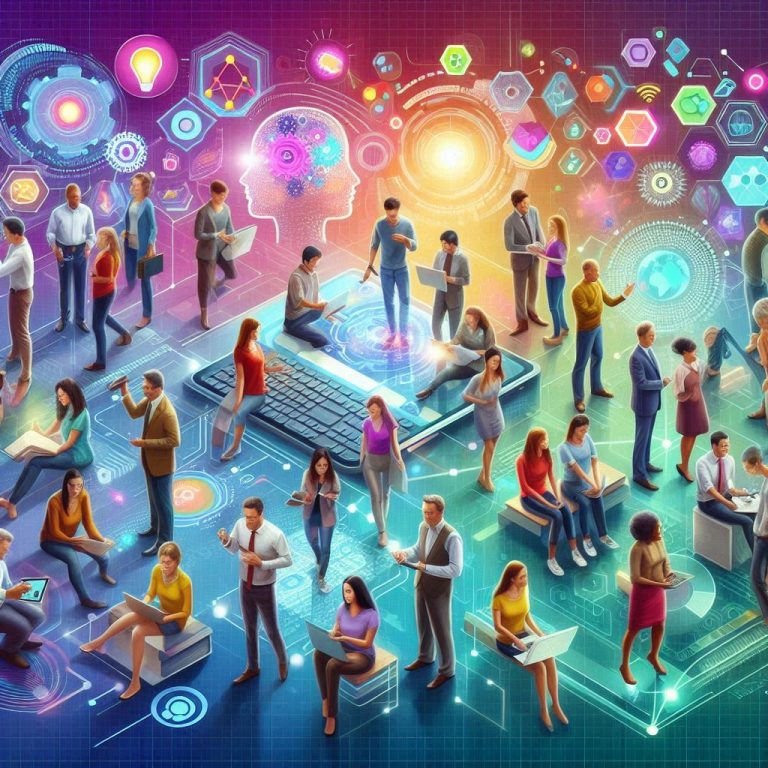




Great perspective! Have you tried Sprunki Game? It’s incredible!